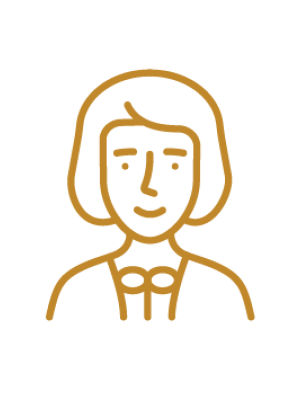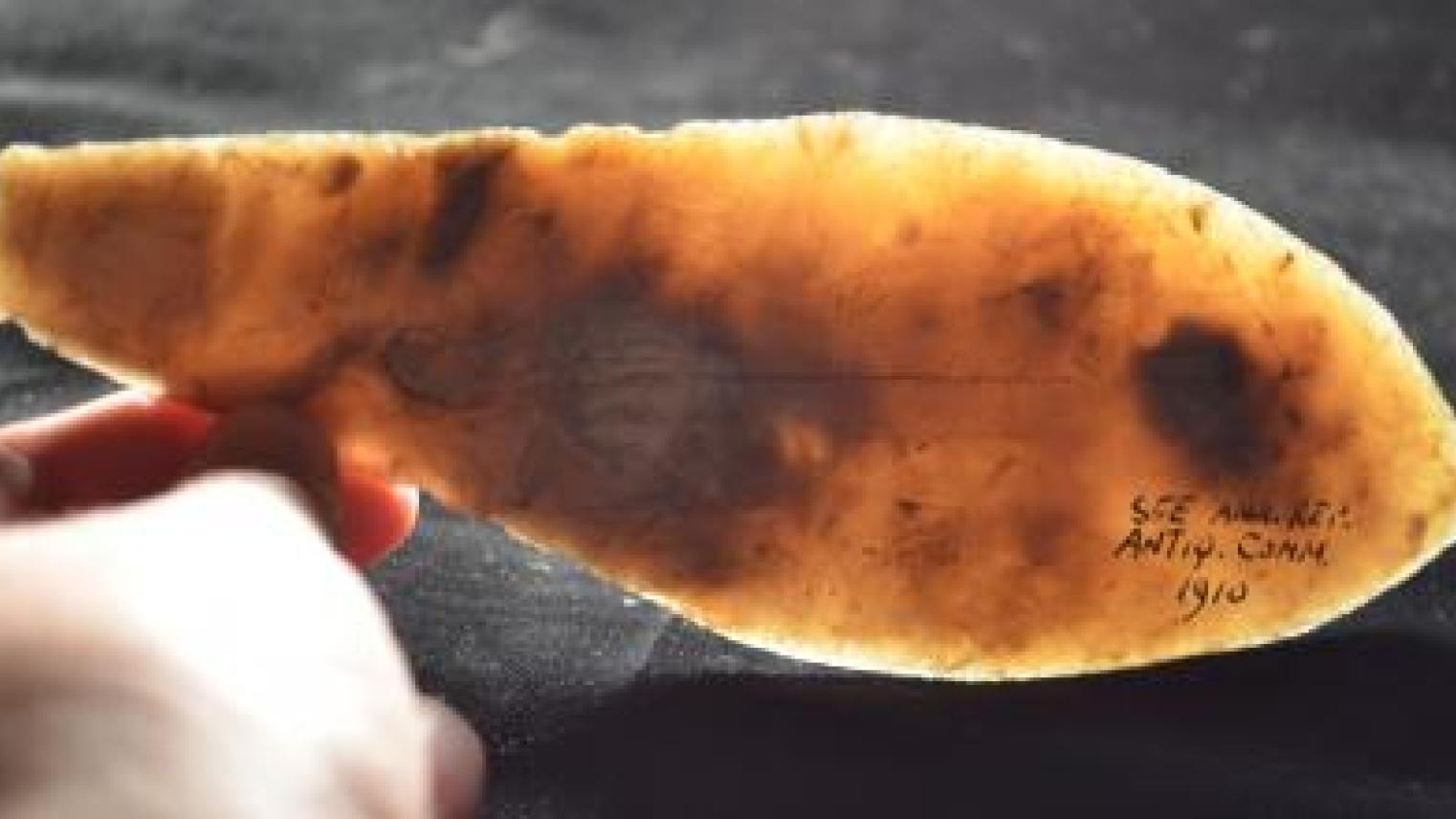Innovation—at its basic level an anthropocentric process of change over time—looms large in the contemporary world, being bound up in the core economic, social and political relations of the capitalist world.
Innovation—at its basic level an anthropocentric process of change over time—looms large in the contemporary world, being bound up in the core economic, social and political relations of the capitalist world. Unsurprisingly, this fascination has inspired research into and critical of innovation and innovative practices across myriad academic fields, archaeology among them. We archaeologists have a longstanding and probably inescapable fascination with the temporality of change. From biblical and evolutionary models to scientific dating methods, change over time has been a continuing focus of our research. Even as archaeological thought has fragmented over the last several decades – with new interpretative approaches emerging almost as fast as new scientific methods – how and why new ideas emerge and spread has remained a central concern of archaeologists around the world. Despite this persistent fascination, Innovation Studies rarely incorporates archaeological material, and archaeologists have rarely inserted ourselves into the innovation discourse among the wider social sciences.
In this paper, I outline the ways an archaeological approach to innovation might help all of us better understand the processes of social and technological change—both in the past and in the present.
About the Speaker
Catherine Frieman is an associate professor in European archaeology in the School of archaeology and anthropology. Previously, she was a post-doctoral research fellow at the Research Laboratory for Archaeology and the History of Art at the University of Oxford and a lecturer in archaeology at the University of Nottingham. She received a BA in archaeological studies from Yale University and an M.st and D.phil in archaeology from the University of Oxford. Catherine's D.phil examined the adoption of metal objects and metallurgy in 4th-2nd millennium BC northwest Europe through a close study of various lithic objects long thought to be skeuomorphs of metal. Her primary research interests include innovation and conservatism, and she is a material culture and technology specialist with a particular specialism in stone tools.
Event Speakers

Associate Professor Catherine Frieman
Catherine Frieman is Associate Professor in European Archaeology in the School of Archaeology and Anthropology. Her primary research interests include innovation and conservatism, and she is a material culture and technology specialist with a particular specialism in stone tools.
